Geopolitical Storms and “Strait” Talks at the
7th Slide2Open Shipping Finance 2024 Conference
The elite of the Greek Shipping Community gathered at the 7th Slide2Open Shipping Finance 2024 Conference. On-stage interviews with renowned shipowners such as Mr Costas Delaportas of DRYDEL SHIPPING GROUP (f. Meadway Shipping and Trading Inc.) and Mr Valentios (Eddie) Valentis, along with the first appearance and interview with the director of Alberta Shipmanagement, Ms Alexia Inglessis.
Official Address by the Minister of Maritime Affairs and Insular Policy of the Hellenic Republic, Mr Christos Stylianides, who stressed the importance of worldwide collaboration for the development of low and zero carbon fuels, asserting that finance, particularly through Public-Private Partnerships, is essential to meet the substantial capital requirements for decarbonization efforts.
For the seventh consecutive year, the Slide2Open Shipping Finance 2024 Conference took place on Wednesday, January 24, 2024, at Megaron, the Athens Concert Hall, Banqueting Hall. The event hosted 400 representatives from the political, business, academic, and research sectors, with online participation from 30,000 unique users, spanning 130 countries.
In her welcome address, Ms Despina Travlou, Organiser, IEEE Standards Association Maritime Ambassador and Managing Director, Slide2Open Communications, noted that this is the time to propel momentum into action. The aim of Shipping Finance 2024 and Slide2Open Communications is not to hold just another conference, but to have impact. The high numbers of participants, the establishment on an Advisory Board, research and debate with world renowned institutions and the cross-fertilisation within the Slide2Open community bring tremendous value added to the conference and guarantee its success.
Mr Leonidas Dimitriadis–Evgenidis, Chairman of the Advisory Board, IMO Ambassador in Greece and President of the Eugenides Foundation, noted that this conference should not be seen as another photo op, but rather an effort to contribute in order to establish ways and means to facilitate things to come. He thanked all members of the Advisory Board and put emphasis in togetherness and the indisputable value of the human factor.
Mr Angelos Roupas Pantaleon, Conference Chair, Greek Representative, EUROMAR and Founder Second Wind & Partners, focused on motion and action – there is never a dull moment in shipping and it is time to turn motion into good action.
The Minister of Maritime Affairs and Insular Policy, Mr Christos Stylianides, in his keynote speech, thanked for the invitation and noted that today is an excellent opportunity to discuss the future of shipping. Two key topics that will shape the future of shipping is sustainability and finance. Decarbonisation is the greatest challenge for the industry, but the Minister believes that this challenge is a huge opportunity to move forward fast – and also an opportunity for Greek and European shipping to maintain and increase their global competitiveness. There is a lot of green momentum now at the IMO also, and what we have to do is clear the path towards implementation. Applicable and pragmatic solutions is the way ahead and cross sectoral collaboration is needed – the energy sector has to be linked to the maritime chain. The second great challenge is finance. Decarbonisation requires investment and PPPs can suit well in this. They can provide a framework where finance is provided and collaboration is secured, it is a win win solution. The Minister ensured that Greece will support this process and help move from motion to action.
In the first panel discussion “Geopolitical Storms and Strait Talk, Decoding COP 28 Commitments and the Impact on Shipping Practices”, Ms Despina Travlou IEEE Standards Association Maritime Ambassador, Managing Director, Slide2Open Communications, moderated the discussion among Mr Leonidas Dimitriadis-Evgenidis, IMO Ambassador in Greece, President of Eugenides Foundation, Mr Dimitrios Fafalios, President/Director Fafalios Shipping SA and Chairman, INTERCARGO, Prof. Dr Ing. Konstantinos Karachalios, Advisory Board Member, Dr George Pateras, Deputy Chairman, Contships Management Inc. and President, Hellenic Chamber of Shipping.
Mr Fafalios noted that shipping has always been trying to become more efficient, and this has been achieved through market measures and the technology available. Shipping carries around 90% of world trade and accounts for 3% of carbon print. Over the past years, debate on diminishing carbonization makes it clear that one cannot decarbonate alone and the right regulations must be created for the right model. Models themselves bring efficiencies and benefits to societies.
Dr Pateras agreed with Mr Fafalios and explained that we must all collaborate to find solutions. It is not a job for the shipowners alone, engineers must work with them. It is a critical time for the environment and there is no time to get it wrong. In terms of geopolitics, Panama, Suez and Singapore straits are crucial, whereas the Israeli-Palestine conflict is also a problem – no matter the situation, when measures are discussed we always have to bear in mind that we may do more wrong. Shipping is the cheapest and safest way of transporting goods: we must protect that and not make regulations that would make cargoes reach just outside Europe and then be transferred by train because of taxes. Such a move would only harm the environment, not protect it.
Mr Evgenidis, when asked about transshipment just outside Europe, answered that the port of Piraeus is full of cars, because the warehouses of importers are already full – and Piraeus has lost transshipment. New terms have emerged “shadow fleet” and “shore friendly” = for container companies that go to areas where others do not go. Political compromise is not always beneficial for good decisions and proactiveness is required.
Dr Karachalios noted that an organizing principle is needed to propel motion into action. Dealing with P, P and P, i.e. people, profit and the planet is a holistic approach. One challenge is the technology required to overcome current limitations. The other is to agree on standards, which are not only technical – consensus is needed, since different ideas exist on how to tackle the problem. Ship builders also must come into the debate. Therefore, standard setting is a deeply collective action. IEEE can offer the knowledge ecosystem and collaboration with the shipping industry can only be beneficial for all. They can also help organize this consensus process, to help the industry come to an internal agreement with shipbuilders also, and not let regulators decide – in other words the shipping industry must be proactive.
Turning to COP 28, Mr Fafalios said that the IMO MEPC80 (Marine Environment Protection Committee) meeting was the most important meeting of 2023. However COP28 was also important for shipping, where it was made clear that shipping was at the forefront of the decarbonization solution, always with IMO. In COP28 many were surprised with the progress made by shipping, it was therefore a very important event since it made shipping visible to non-shipping audiences.
Dr Pateras noted that random action must become specific action and we must concentrate in the single problem. The world has been reducing CO2 production, and the same applies to shipping. A green transition concerns every means of transportation. Today there are some 16 war zones in the world. The crew can always refuse to go to a conflict area. It is awful that crews now agree to go to war risk areas and it is correct that major shipping lines have decided to not go through Suez Canal (and it is unfortunate that China has agreed to go through it).
Mr Evgenidis repeated that shipping can transport much at a lower cost and this is important, even more so in a period of high inflation. As regards training, literature is rewritten, to become up to date with new requirements, they are collaborating with stakeholders in order to bring the people into the new era, train and educate them with hard knowledge and also give them soft skills. Qualified seafarers are necessary for Greek and global shipping.
Dr Karachalios focused on the interplay of two transformations: the energy transition and the digital transformation. How can technologies be used to enhance human capacities? How can a human-centric transformation be achieved? Cooperation and standards setting are needed.
Dr Pateras said a universal fuel for all shipping is required. We are still arguing on which fuel is right and ship owners do not know what ships to order. This is not the way forward. Shipping has always been responsible in terms of environmental protection. Electricity could be a way forward, but for now it can only be used in the short haul. Nuclear could be a good solution for the long haul in the future. But we must stop being politically pleasant – we must be able to go for cross-sectoral collaboration.
Mr Fafalios noted that today shipping relies on standards and now we are blessed with extra technologies that focus on people. Safety is always paramount, and we cannot decarbonize without safety. This is an opportunity to help standards keep pace with technology. In terms of safety, when a ship owner decides to go through a conflict area, there are a lot of decisions that must be made – the safety of seafarers is on the forefront for shipowners and, surprisingly, not for regulators, who pay more attention on decarbonization than putting the crew to a safer position. The balance of safety and decarbonization is on the core of today’s business.
Turning the spotlight towards Mr Roy Spode Garibaldi, Executive Director – Member of the Board at S.D.M. – Sociedade de Desenvolvimento da Madeira, S.A., Mr Angelos Roupas Pantaleon, Conference Chair and Moderator, Greek Representative, EUROMAR and Founder Second Wind & Partners, asked about the promotion of hubs and what his recommendations and advice are. Mr Garibaldi noted that in Madeira they have the fastest growing ship register in Europe, which is based on the tax regime designed to attract foreign capital in Madeira (which has set up an international business center). In 2023 more than 13% of revenues of Madeira came from companies established in the international business center. Of all corporate tax in Madeira, 48% comes from the international business center. There are 3 requirements to succeed in such an endeavor: have a clear objective of what you want to achieve, have the proper people and the support of the project by both regional and national governments.
The first presentation of the day focused on Portugal. Ms Carla Olival, Executive Director Greece and Middle East, EUROMAR, noted in her presentation that EUROMAR is a private company with an exclusive partnership agreement to promote and develop the International Shipping Registry of Madeira and the flag of Portugal. MAR’s total number of vessels at end-2023 was 860, with an average age of 10.5 years and 30mil dwt (they are now 3rd in Europe in terms of dwt). Turning to “Why?”, the answer lies primarily with European legislation, the provision of quality service, digitalized services and 110 diplomatic missions around the world and Navy presence (however, other benefits as savings and discounts also play a role).
The second panel was called to answer the question “How European is European Shipping today?”. Mr Angelos Roupas Pantaleon, Conference Chair and Moderator, Greek Representative, EUROMAR and Founder Second Wind & Partners, asked Mr Ralf Garrn, Managing Director at OceanScore, Dr Albrecht Gundermann, Managing Director, EUROMAR, Ms Nektaria Retsou, General Manager, Hellas Confidence Shipmanagement S.A., Mr Alexis Stephanou, Chief Financial Officer, Goldenport Group and Mr Yiannis Timagenis, Partner, Timagenis Law Firm (i) if Europe can recapture its shipping industry prominence? (ii) what will it take to give European service providers a global leadership position? And (iii) how can shipping and the EU reinforce their relationship?
Ms Retsou noted that the European Union imposes regulations very often, on top of IMO existing ones. Shipping professionals often wonder if these requirements have any added value. No compromise is accepted in terms of safety and the protection of the environment, but the industry must be more actively involved in regulatory updates. Europe controls around 40% of world tonnage, but most of this tonnage is registered outside Europe.
Mr Garn said that all regulations that put a price on something are hard at the beginning. He believes that EU ETS (emissions trading scheme) will not be a European topic in the future and that this will most probably be taken globally by IMO. One benefit that he sees is that EU ETS will foster innovation. At this point the environment is a priority and probably the EU regulators moved faster than the shipping associations. The polluter has to pay, and the next 12 months will be a learning experience for the whole industry. 2024 is the moment of truth for ship owners. Closing, he noted that European shipping is global.
Mr Gundermann questioned “what is to be European?”. Europe is thriving by allowing competition, by using the forces that we have in Europe, by collaborating. In terms of raising the voice of shipping, he emphasized the importance of the lobbying process in Brussels. Less regulation inside the EU, more using the power of Europe around the world is the way ahead. He believes that European shipping is not European enough.
Mr Stephanou believes that shipping still remains European, in terms of ownership and service providers and that some less value-added segments have moved out of Europe. In terms of capital markets, there are more that could be done and improved in Europe, whereas the American market is more flexible and faster. He moved on to say that European regulations are effective but should not create a drag on the business. He would also expect the charterers to be more prepared, but this has not happened. There is no uncertainty regarding the implementation of the regulation (as there is as regards fuel), so everyone should be prepared.
Mr Timagenis said that some regulation is inevitable. The question is to be involved in the process of producing the regulations and this is the key because, when the time of application comes, it will fall on the practitioners. As human capital is key, training and education is necessary all over Europe. Also competitiveness is very important – we have to look at what the competitors are doing, in this case China, which is aiming at becoming first in every single industry. The shipping community should promote its agenda by keeping the human capital and get more involved also in the European structure to promote the interests of shipping. Being proactive is always important.
The floor was then given to Mr Nikolaos Triantafyllakis, Managing Director, W Marine Inc. and Mr Konstantinos Economou, Deputy General Manager, Head of Shipping Finance at Pancretabank, who asked which are the most important challenges for shipping nowadays. Mr Triantafyllakis replied that shipping thrives in challenges and adapting is key to its existence. Out of all challenges, he believes that crew competency is number one and a balance between commercial, technological, regulatory issues is necessary. In terms of decarbonization, Mr Triantafyllakis said that we are in a transition phase and that charterers must be part of it. They try to optimize their vessels and try to comply with regulations (though some regulations may not deliver). A wider perspective on shipping is required. As regards finance, they have always secured good financing and he believes that there are financing solutions for medium sized enterprises. In an effort to adapt, they renovate their fleet, and he believes that demographics, demand and challenges in some parts of the world will move the dry bulk market (e.g. sub-Saharan Africa).
Fuel, port readiness, financing, deadlines and regulatory framework were the focus of the next panel discussion between Mr Rudi Schubert, Director – New Initiatives at IEEE Standards Association, Mr Kim Diedrichsen, Chief Executive Officer at ANEMOI, Mr Fernando Kalligas, Director of Corporate Affairs, ESG and Communication, DESFA SA, Mr Theo Kourmpelis, Strategic Business Partner, Lloyd’s Register, Mr Vangelis Marinakis, COO at Island Oil Ltd, Mr Vasileios Petousis, Energy and Sustainability Manager, Seanergy Maritime Holdings Corporation and Mr Harilaos Petrakakos, P & P Marine Consultants. The main questions raised were:
Alternative fuels: How can we bridge the gap between now and the time when alternative fuels are sourced in meaningful quantities?
– Port readiness: How can ports entice their clients to gradually make a shift into new technologies?
– Financing: Are there adequate sources of financing available?
– Meeting the deadlines: What are realistically achievable deadlines for reaching emissions targets?
– Regulatory framework: Is Europe being too eager in the pursuit of emissions targets?
Mr Diedrichsen noted that it does not matter where the fuel discussion will go in the future and believes in installing motor sails that add thrust. Some areas are more suitable for wind propulsion than others and they are able to assess the benefits of installing such solutions.
Mr Kalligas presented DESFA projects, including Revithousa and discussed lng bunkering. Alternative fuels are greener, but a new idea, bio-LNG is a way of making it even greener (this is something they are working on).
Mr Kourmpelis noted availability of green fuels and retrofits, however the economics and return on investment can be challenging. Techno commercial feasibility issues have to be discussed and the same applies to carbon capture on board. Fragmented regulations can create a two-tier market worldwide. A global greenhouse gas mechanism is required and until then, probably the most efficient vessels will be able to trade in the EU. An ETS surcharge will, ultimately, end up to the consumer.
Mr Marinakis noted the technology bottleneck (there is not one, single, universal solution) and one cannot blame the actors on not taking decisions yet. Then there is the safety issue (also connected to the technology issue). Training is not yet a bottleneck, but it could become, especially as regards security aspects of alternative fuels. Then come considerations on how shipping will secure its fuel sources, infrastructure and finally testing. On a practical level, Island Oil has become ISCC accredited (able to trade biofuels) and is investing in new projects.
Mr Petousis praised the advantages of new builds, as they are more designed to the task. But we do not have the time to wait for new-builds – that would take 25 years, therefore repurposing of existing fleet makes perfect sense. Recycling makes sense, but repurposing is possibly a better solution.
Mr Petrakakos noted that energy that comes out of fossil fuel is here to stay and will only stop being used if something else takes its place (possibly nuclear, but this takes time). Owners do not know what to build – methanol, ammonia, hydrogen, lng etc. Decarbonization will take long. Nuclear energy is standing up, it is safe and atomic batteries are a solution. A nuclear reactor in everything will save humanity though, in fact, what we ultimately need, is time.
The spotlight turned to Mr Valentios (Eddie) Valentis, President / CEO, Pyxis Tankers Inc. & Konkar Shipping Agencies and Mr John Cotzias, Projects and Finance, Xclusiv Shipbrokers, President, Hellenic Shipbrokers Association, who discussed on how a medium sized listed enterprise fares today. Their ships, bulkers and tankers, are eco-vessels, having started the process very early (already in 2014). Their move to the bulk carrier market is a move of a “shipping company” that takes an opportunity when it sees one, rather than staying a pure “tanker company”. Being publicly listed has given them optionality (financing, operational) and transparency. They have not expanded the fleet, but they have grown the company and managed to restructure it, with much less debt. As regards geopolitical threats, he believes that the tanker market has legs and is there to stay. Small to medium sized Greek shipping companies are the backbone of Greek shipping and they must be protected. More young people should come to shipping and stay there – this is a key issue. Finally, interest rate de-escalation is very important.
The afternoon session focused on Market Fundamentals. The spotlight was turned to Mr Konstantinos Delaportas, Chief Executive Officer, DRYDEL Shipping Inc. (f. Meadway Shipping & Trading Inc.), and his stimulating conversation on Dry Bulk Markets with Mr Angelos Roupas Pantaleon, Greek Representative, EUROMAR, Founder Second Wind & Partners. As a second-generation Greek shipping company, Mr Delaportas believes in relationships and being close to the cargo owners. His motto is “The cargo is the King”. All their new builds are in Japan, because they offer the most competitive design and best fuel efficiency. When asked whether shipping thrives in crises, he replied that the Red Sea crisis will affect shipping. He added that the final consumer will be burdened by the increase in the cost of shipments due to the crisis in Ukraine and the Middle East. As a ship owner and operator, he believes that hard work is a recipe for success.
Prof. Constantine Vournas, NTUA, Chair of the IEEE/PES (Power and Energy Society) Chapter Greece presented Maritime sector challenges regarding energy transition, which include fuel and carbon emissions, the connection to land electricity networks, smart and sustainable ports and the electrification of sea-going vessels.
The first panel discussion of the afternoon section, “Shore Side Electricity (SSE) Challenges for Shipping and Ports” was called to address 3 main issues: (i) The regulatory framework and pricing of maritime electricity, (ii) Port perspectives: Charting the course for future development and cold ironing integration and (iii) Green energy: Introducing a comprehensive solution package for electrifying ships at Greek ports using green energy sources. The discussion was moderated by Prof. John Prousalidis, Professor of Marine Electrical Engineering, ΝTUA, Vice-Chairman, IEEE-MSCC and member, IEEE/EPPC Working Group on Energy, Head of the Industrial Connection Activity Sustainable Maritime of ΙΕΕΕ and the discussants included Ms Ariadni Psimara, Attica Group, Mr Dimitris Fourlaris, Second VP of the Regulatory Authority for Waste, Energy and Water (RAWEW), Mr Anastassios Manos, CEO at Hellenic Electricity Distribution Network Operator (HEDNO), Dr Alex Papalexopoulos, President & CEO, ECCO International, Inc. / CEO and Chairman of the Board, ZOME Energy Networks, Inc., Mr Dimitris Spyrou, Consultant – Head of EU Project Sector, Piraeus Port Authority (PPA) SA and Mr Michael A. Valsamas, Director of Ships’ Design and Construction at the Ministry of Maritime Affairs and Insular Policy of the Hellenic Republic
Mr Dimitris Fourlaris raised a few questions, including who the stakeholders are (ports, shipowners, etc.), explained that there will be huge energy transactions, presented considerations relating to the cost of electricity and the selling price, as well as to an open electric energy market. In Europe each partner must have a distinct role in the electric market. The amounts of energy required for shore side electrification of ships are huge and special care must be taken. Finally, infrastructure upgrading is required.
Mr Anastassios Manos explained port electrification by giving the example of Igoumenitsa, which has 2000 houses. What has been asked was to add one Igoumenitsa to the existing Igoumenitsa. This is at stake. We need enormous amounts of power and the grid must be modernized, digitalized and close collaboration with the regulator, universities and the ministry is essential. Each port is different. All equations cannot be solved at once and each case has to be seen separately and move on a steady pace.
Dr Alex Papalexopoulos believes that it is a good opportunity to establish an energy market. We are in the intersection between two major sources: technology innovations on the one hand and policies for decarbonization on the other. In California ports are not energy hubs. Here we want to transform the port into an energy hub, which means that the port becomes an active energy player. It takes much, but it can be done. Infrastructure has to be ready in order to have an operational model of the energy market. The American experience has shown that markets cannot solve the infrastructure problem; transmission and distribution have characteristics of a public good. In short, the infrastructure projects that are needed for energy transition must be built separately from the markets.
Mr Dimitris Spyrou discussed the long term economic benefits, the development of on shore power supply infrastructure, the participation of PPA in European projects, efforts to implement OPS positions on the port of Piraeus, coverage of power demands, which are crucial for PPA, collaboration with energy authorities that is crucial for the port, and pricing policy. There is no accurate estimate of the total cost of implementation of electricity systems in Piraeus yet.
Mr Michael Valsamas highlighted the commitment of the Ministry of Maritime Affairs and Insular Policy and noted its dedication to the development of alternative fuel sources. The EU legal framework presents unique challenges and opportunities, but the strict deadlines underline the urgency of the issue. Therefore, swift action is needed, and electrification is top priority, together with other options, e.g. hydrogen solutions. Strategic meetings are held with stakeholders, in order to achieve collaborations and private/private partnerships into meeting sustainability goals. Apart from a strict time frame, funding is another issue. The Ministry has adopted a strategy to collaborate with the Ministry of Environment and Energy to ensure expertise. The transformation of ports requires funding and EU programmes are explored (including CEF Energy). Also, RRF allocations are moving to this area. Non-fossil fuel usage for ships operating in public interest lines is also explored. Finally, the Ministry works with the European Commission for the green transition of Greek islands.
Ms Ariadne Psimara from Attica Group, the largest ferry operator in Greece, noted that green transition is the largest challenge. They have developed a new strategy and set specific targets. They are optimizing vessel speed; they are looking into retrofitting vessels and are investing in new buildings. Port readiness is essential, not just in Piraeus. They have not received any funding yet as a shipping company and one has to be very innovative. Complying with regulation is essential, but one should not forget the sustainability of the company.
Mr Tsavliris intervened to raise awareness on China, as most batteries are produced in China, in a not so green way. “We are destroying the universe to produce environmentally friendly batteries in China”, he said. Mr Papalexopoulos stressed the validity of this intervention and stressed the geopolitical considerations of the issue.
Dr Philip Sotiriades, Founder & CEO at Telematic Medical Applications presented “Shipping and the Human Element – Prioritizing well-being in Shipping; TMA – Telematic medical innovations and applications”. Using telemedicine, seafarers have direct access to specialized doctors and receive faster diagnosis and treatment, which in turn enhances crew safety and well-being.
Staying on the subject, the second panel discussion of the afternoon section discussed “Shipping and the Human Element – Lost Cause or Hope for the Future?”, where moderator Mr Panagiotis Korakas, Head of Historical Archive at Naftika Chronika asked panelists to discuss four main issues, namely: (i) How to source shipping talent in the 21st century, (ii) Are shipping companies being proactive in the training, upskilling and retention of their employees? (iii) What is the role of maritime educational institutions in a constantly changing industry environment? And (iv) How to manage diversity in the shipping industry? The panelists included Ms Elisabeth Calbari, Neuropsyhologist, Executive Leadership Consultant, Founder, Self Balance, Mr Makram Daouk, Business Director, CrossWorld Marine, Prof. Ioannis Golias, Managing Director of the Eugenides Foundation, Emeritus Professor in the Civil Engineering School, National Technical University of Athens (NTUA), Ms Maria Korkontzelou, Crew Manager, Seanergy Maritime Holdings Corp. and Mr Konstantinos Oikonomou, CEO, Marine Tours Group of companies.
Ms Calbari asked how the maritime industry can turn emotion into action and explained that emotions are a key factor to quality. It is important to have metrics on soft skills and realize how important they are for the whole company. Mental health is not just panic attacks and depression – it also has to do with understanding others, with communication skills, showing leadership or setting examples. It is not only a matter of loving the profession, but also a matter of loving the environment in which you are working. As regards diversity, Ms Calbari noted that we must agree on what is meant by “diversity”. It is not just a buzz word; it has to do with talent and each one of us is unique.
Mr Daouk said that there is both a quality and a quantity issue within the shipping industry, which is facing a gap of certified officers. One solution would be to build your own people from the ground up and keep them (remuneration, create an environment where they can grow, in a company that guides and not just gives orders). It is cheaper to build and maintain your people properly than find new. Things are changing very fast, and people must learn how to learn. The company must constantly attend to matters of diversification.
Prof. Golias noted that education should not only be on what people should know already but give them the ability to learn. The measuring of soft skills should be universal, one method for all. He stressed the high drop-off rates from the academies. We cannot pretend that this is an easy profession, there is loneliness and Wi-Fi is not always the answer to this problem. This generation has more options than the previous one and one must love the sea to become a seafarer. Nowadays educational institutes are changing radically, but curricula are not flexible and do not follow changes. Finally, educational institutions must have updated technological means and help students get acquainted with what the industry is already using (or will use in the next very few years). As regards diversity, curricula must accept inclusiveness and be careful so that they do not repeat stereotypes that are there against diversity.
Ms Korkontzelou noted that each one has a different idea on what a perfect seaman is. This is impossible. The perfect seaman is the one that is built in the company. Most of the shipping companies are trying to be proactive, but there are always budget considerations. Training has changed, it is not only e-learning platforms, but also simulator training and customized programmes with different scenarios where seamen are trained and gain experience in a controlled environment. Assessments, tests, and protocols are the way forward. Also, the well-being of seamen is crucial and mental health issues should not be neglected. At the end of the day, job satisfaction increases retention and decreases job turnover, to the benefit of the seamen and the company. In terms of diversity, management commitment is essential in order to ensure inclusiveness.
Mr Oikonomou said that a good and targeted travel policy can be a good competitive advantage in retaining crew. Metrics have shown that a good travel programme is worth investing in. A travel programme serves the strategy and the budget of the company. In terms of cost, prices have risen in recent years, and this is a new issue for shipping companies – but their revenues have also risen and this increase in travel expenses can have a far more higher return that the cost paid. At the end it pays to be appreciative. Aside from the regulatory part, diversity shows how civilized an industry or an organization is.
Mr Leonidas Evgenidis intervened to stress that “human capital is gold”.
“Navigating Digital Waters” was the subject of the next discussion between Mr Costas Kontes, Managing Director, BEng, MSc, MRINA, CEng V.Group/V.Ships Greece and Ms Anna Vazintari, ICT Manager of Unisea Shipping Ltd, Secretary of the BoD AMMITEC. Ms Vazintari started by asking Mr Kontes about challenges on their way to digitization. Mr Kontes replied that the digital economy should be a part of the shipping industry’s reality. They have adopted a web-based solution that helps them take all decisions proactively, using a dashboard environment, which connects crewing, purchasing, accounting etc. with everything they require. How do business development tools help managing this huge amount of data? The BI (business intelligence) reports are now more important than ever and they are using them in decision making. IT teams should work closely with the fleet service and not be afraid to work on the vessel to get firsthand knowledge and experience. Changing their roles, Mr Konstes asked Ms Vazintari if her role has changed and she answered that yes, now the IT department helps in decision making within the company. Finally, she explained that being a woman has never stopped her from anything – she is of the opinion that the personality is what matters.
The spotlight was then turned to Mrs Alexia Inglessis, Director of Alberta Shipmanagement Ltd and Mr Alexandros Damianidis, Partner, Assets and Structured Finance Group, Watson Farley & Williams, who had an engaging conversation focusing on tanker and dry bulk markets. As for her expectations in 2024, she believes that there are three factors that will affect shipping: (i) geopolitics, which have created a stronger tanker market and a healthy dry market, including the recent events in the Red Sea, the lifting of Venezuelan oil, Panama canal, growth of the shadow fleet and China, (ii) the state of the world economy, at the aftermath of covid, the rise in inflation, the interest rate hikes and (iii) the supply side, i.e. the orderbook, which is low for tankers, when at the same time we have an ageing fleet, whereas on the dry side, the order book is not that low and the fleet is younger. Turning to fleet renewals, Alberta Shipmanagement builds in Japan and are also active in the secondhand market. As regards energy and alternative sources of energy, both as a means of propulsion and what cargoes vessels will carry, there is a lot of uncertainty. People have unrealistic expectations on how fast energy systems can change. Most probably fossil fuels will be with us for decades to come. Turning to capital accessibility, lenders have become more eager. Greek banks have increased their presence in the shipping industry. Interest rates are higher, thereby making financing more expensive. Lenders prefer to finance younger vessels and sustainability is becoming an all the more important issue.
In the final panel discussion of the conference, Mr Angelos Roupas Pantaleon, Greek Representative, EUROMAR, Founder Second Wind & Partners, discussed whether Ship Financing can become a European affair again with Mr Hugues Calmet, Senior VP, Head of DNB Athens Representative Office, Mr Vassilis Mantzavinos, Member of the Board, Neptune Maritime Leasing, Mr Nicholas Pavlidis, Head of Shipping at the Bank of Cyprus and Mr Konstantinos Petropoulos, General Manager, Head of Shipping and Structured Finance at Piraeus Bank. Panelists were called to answer three questions, namely:
– Are European banks interested in regaining their past prominence in ship financing?
– How negatively will the Taxonomy Regulation impact European ship financing?
– How will the peaking of interest rates influence bank versus alternative ship finance options?
Mr Calmet believes that the big banks that left the industry will not be coming back, with the exception maybe of Greek banks. The regulatory environment will become tighter and we have to be prepared for more challenging times. ESG compliance and Basel IV have been key issues over the past few years and will influence the presence of European banks in shipping. Access to diversified sources of finance is important for shipping companies. Mr Calmet also noted that there will be more business when interest rates go down.
Mr Mantzavinos believes that banks that got out of shipping in the past years are definitely not coming back. The biggest casualty has been the Royal Bank of Scotland; shipping is not important for these banks. As a leasing company, in order to produce returns for their shareholders, they are active in the banking world – they borrow from banks. In the age of decarbonization, regulation is not affecting them. At a low market environment, when banks take losses, they expand more heavily their shipping investment activity (they can be countercyclical). For Western banks, shipping is not a core activity; for Far Eastern institutions, shipping is a core activity – and this is a huge difference. European banks that will continue being in shipping will view it in the context of “transportation”, not the traditional Greek family shipowner relationships with bankers.
Mr Pavlidis said that there is a refreshing new entrance of the Bank of Cyprus, which has appetite and role to play in the shipping market. Shipping is less visible to the world until it becomes headline news – but this does not apply to Greece and Cyprus, as it is much more relevant for the communities and GDP. Banks take a pragmatic view on what needs to be done and ships carry what has to be carried; coal is a polluter, but necessity drives the world and banks will finance the ships that need to carry the needed cargoes. Decarbonisation and sustainability are important and it is how stakeholders look at banks. Banks are measured not only on their own emissions, but also on the decarbonization efforts of their clients. He believes that financing will keep on coming from the Far East and this competition will complement financing from Europe.
Mr Petropoulos stressed that they have a healthy appetite for shipping, it is a very capital intensive activity. New regulations and new reporting requirements come to play and there is going to be a lot of scrutiny on what they do. Also competition is there and there are plenty of options available for shipping companies, but he is optimistic. With the increase in interest rates, and together with macroeconomic uncertainty, many of their clients decided to wait, and there was less demand for financing. Many shipping companies refinanced at that point. Chinese and Japanese leasing is increasing and many Greek companies have access to such funds; we will have to see how Asian leasing will respond to a downturn.
Keeping the tradition, Mr George Tsavliris, Principal, Tsavliris Salvage Group, Non-Executive Chairman, OneGlobal Broking, Greece & Cyprus, closed the conference by Bringing it All Together. In his “At the Helm: A Shipowner’s Closing Thoughts” he noted that he feels uneducated: “Εν οίδα, ότι ουδέν οίδα”. In our panelists words:
- Without the crew members we would not have a shipping industry at all.
- Shipping transports 90% and accounts for 3% of emissions – on top of that it is being accused of being a huge polluter.
- Money will always follow a good deal. Being daring is a basic requisite in shipping.
- At the end of the day, the only environmentally friendly source of energy will be nuclear energy.
Overanalysis brings paralysis. Shipping is overregulated and the insurance industry is following. But there exists IMO and Classification Societies. This is overanalysing and it is never good for business.
The new certainty is uncertainty. This is what we have to face in the future. The next generation must be brave, believe in God, work hard and maintain a sense of humor!

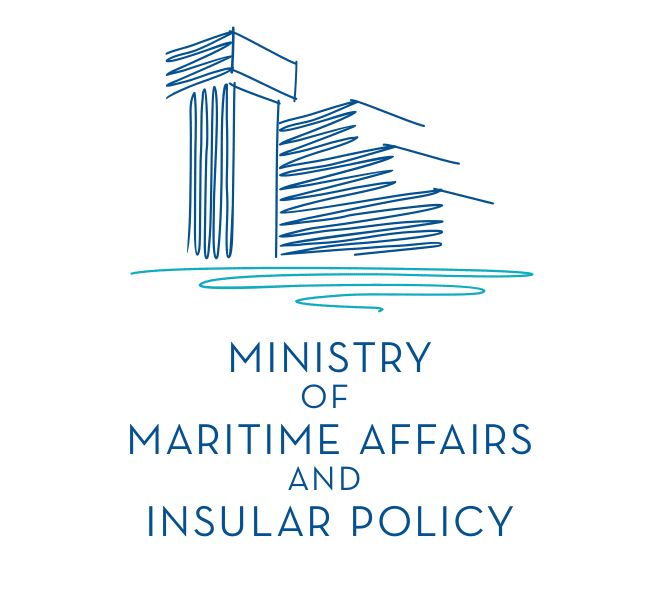
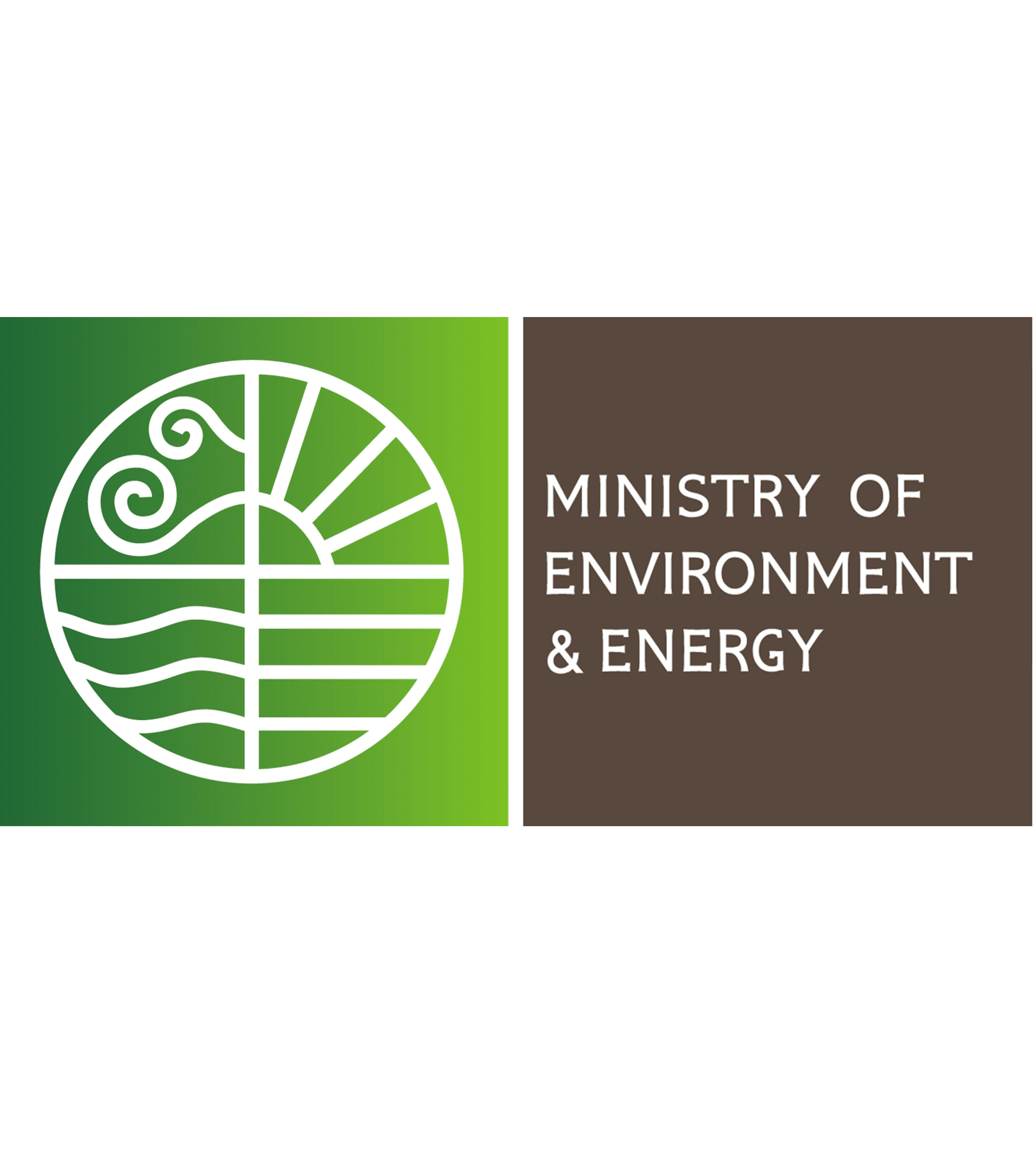
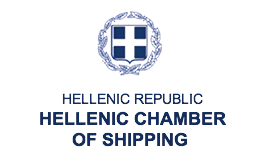
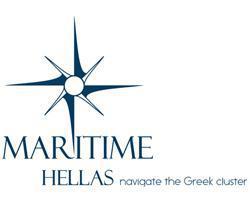
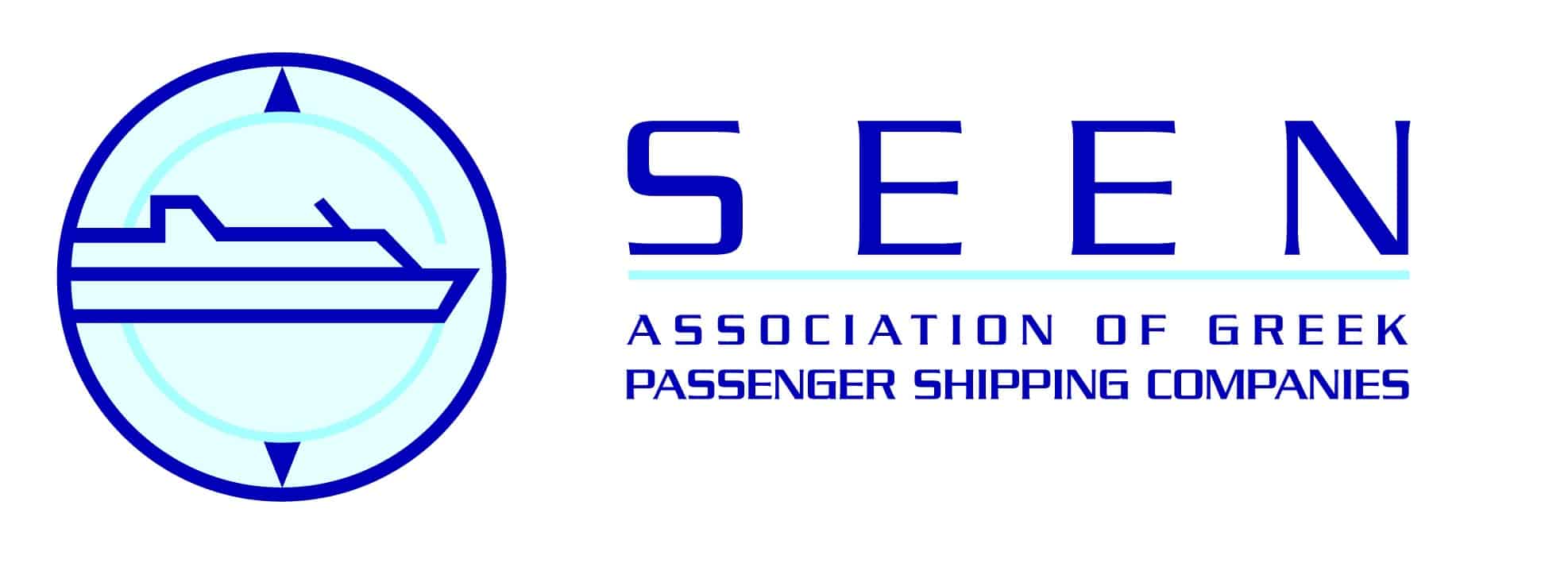
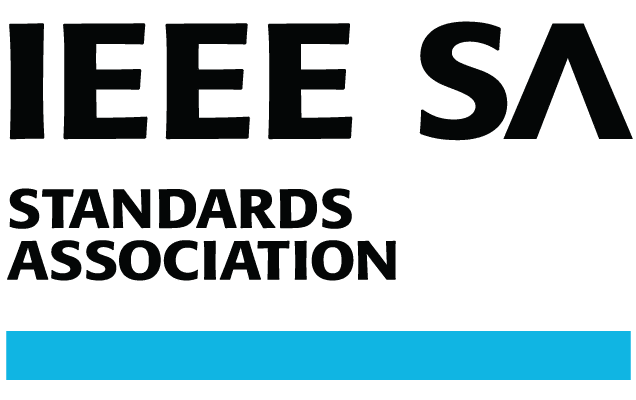



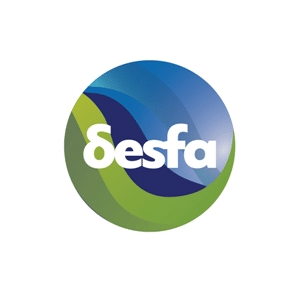
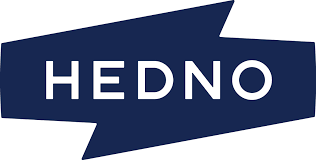
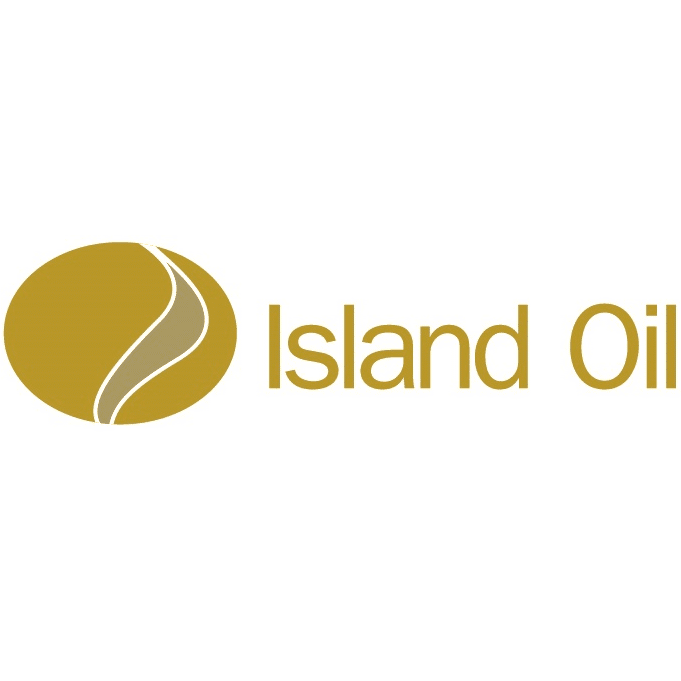
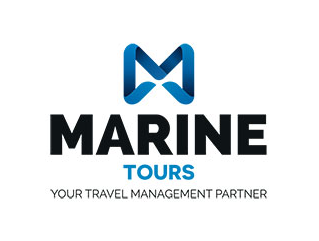
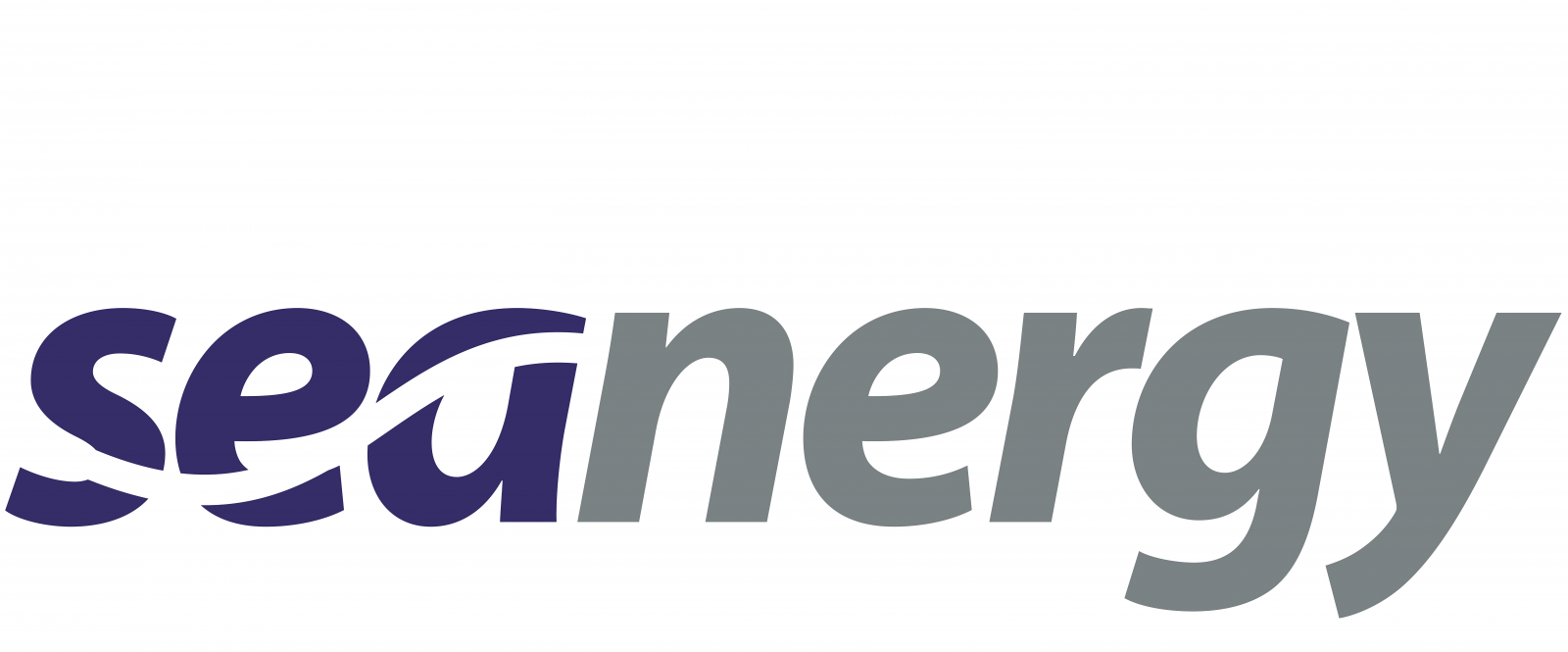
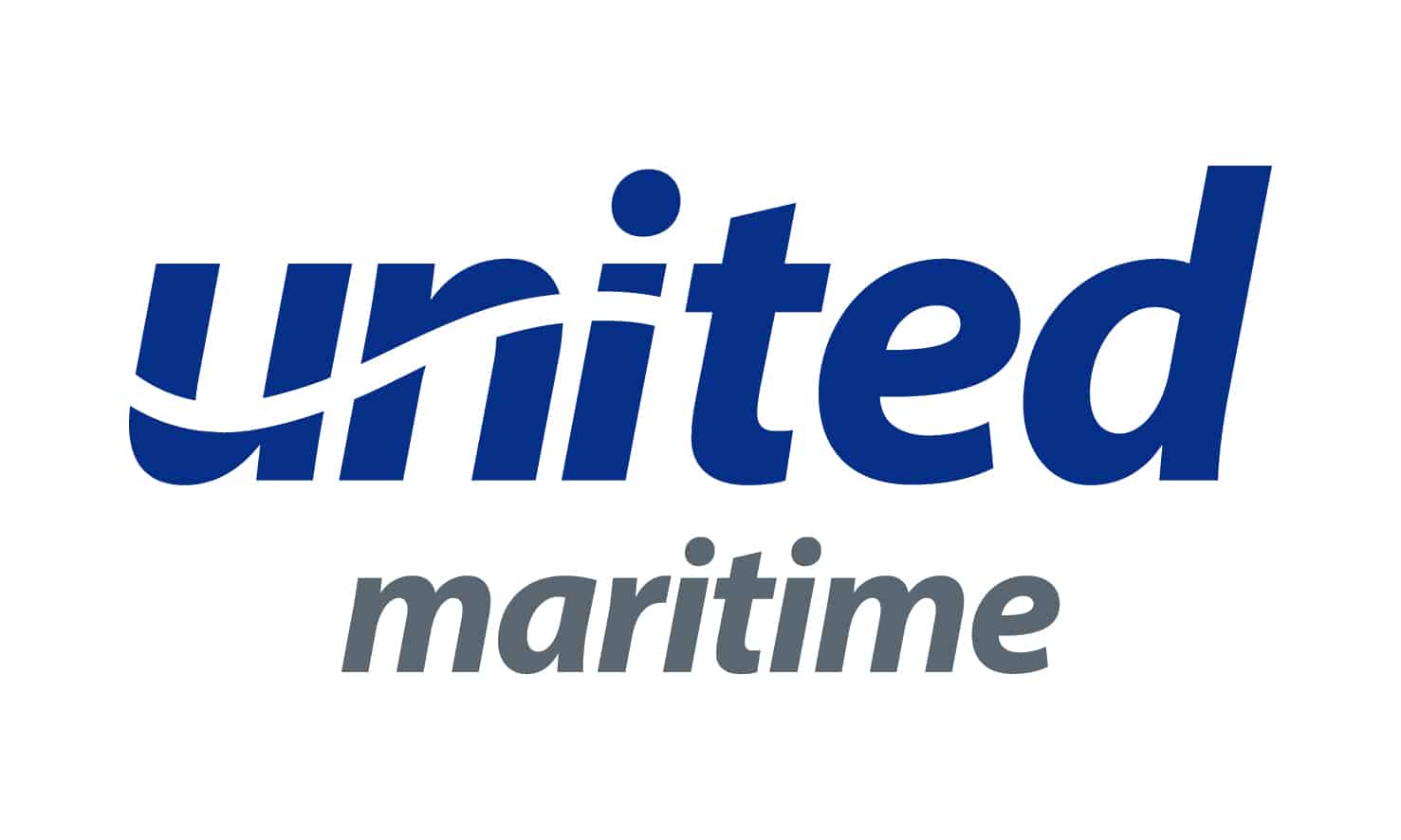

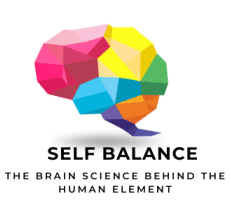
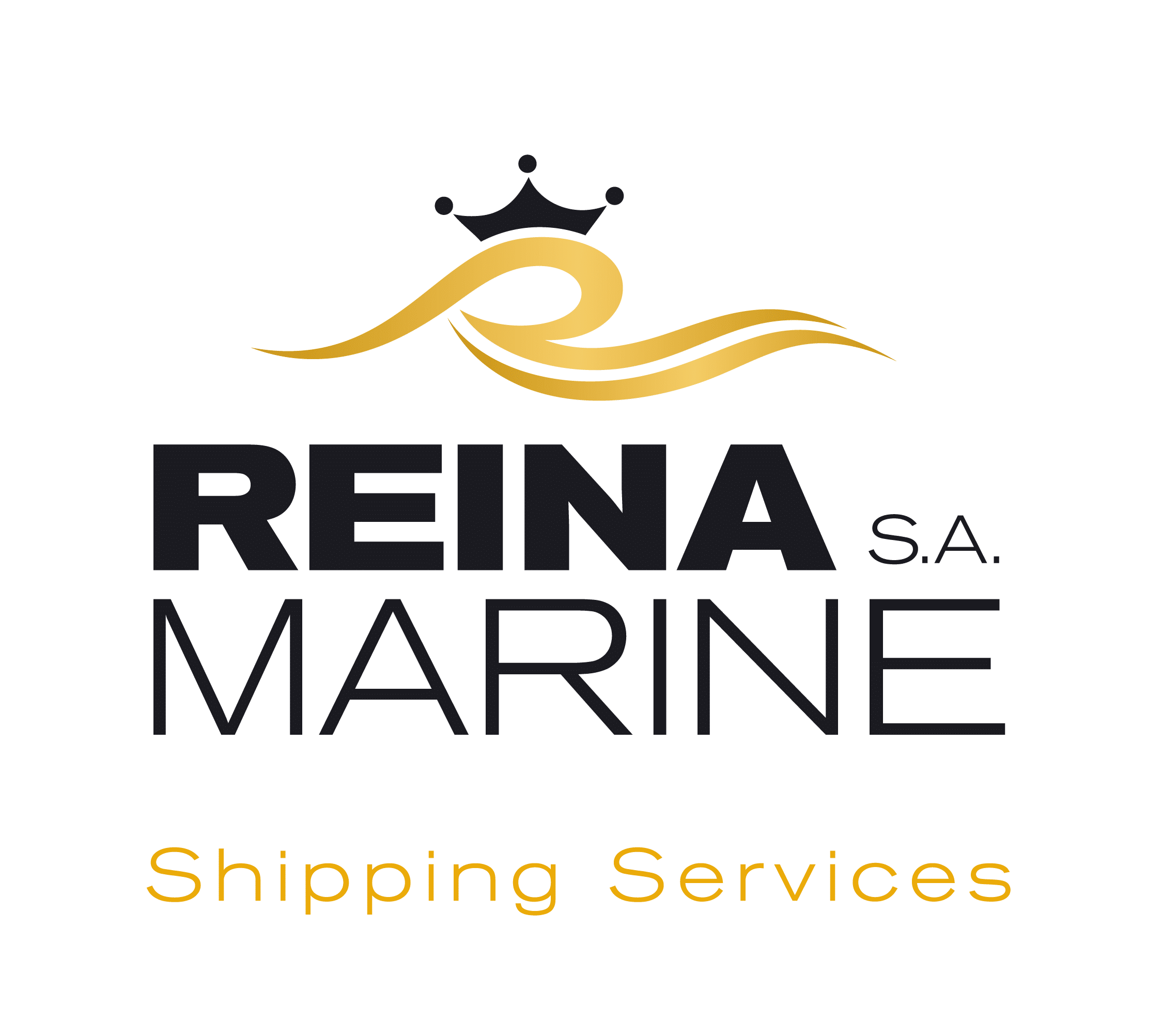
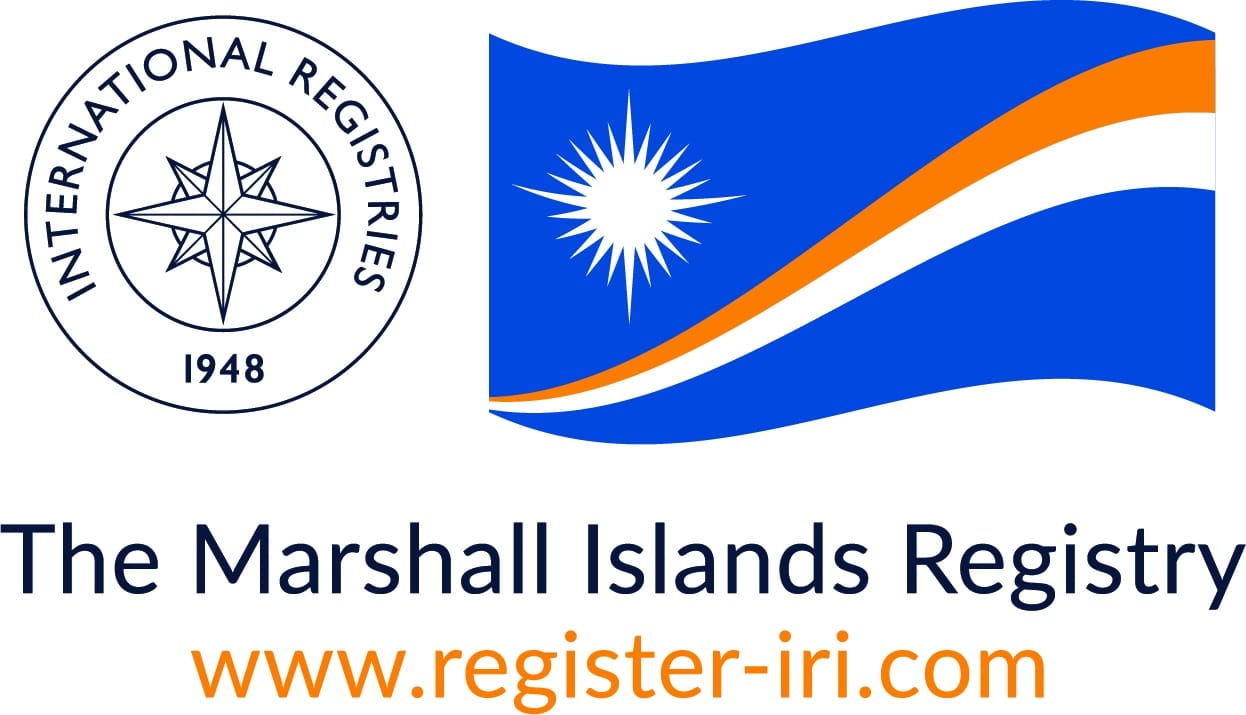

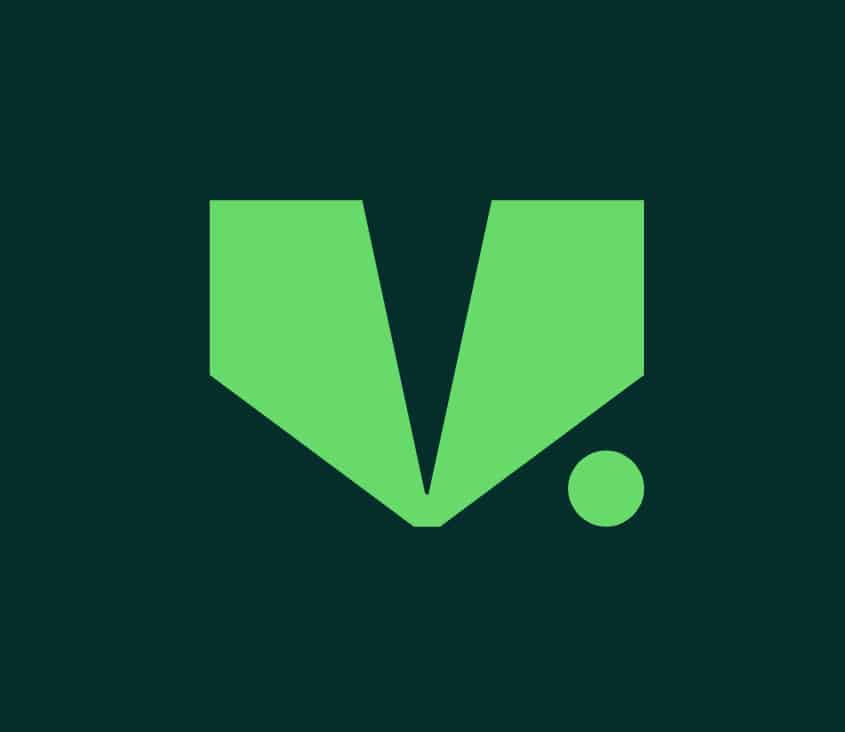

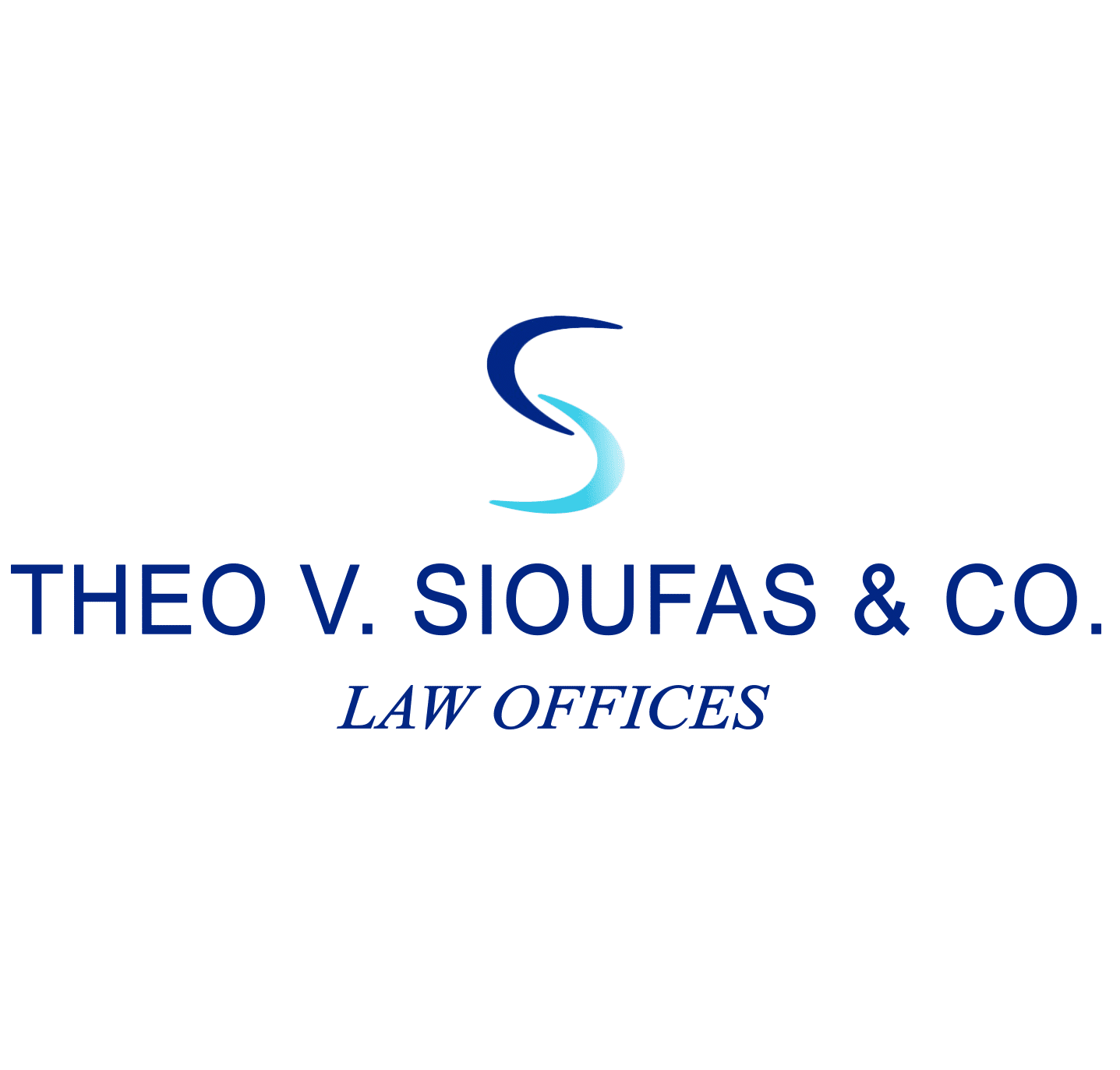
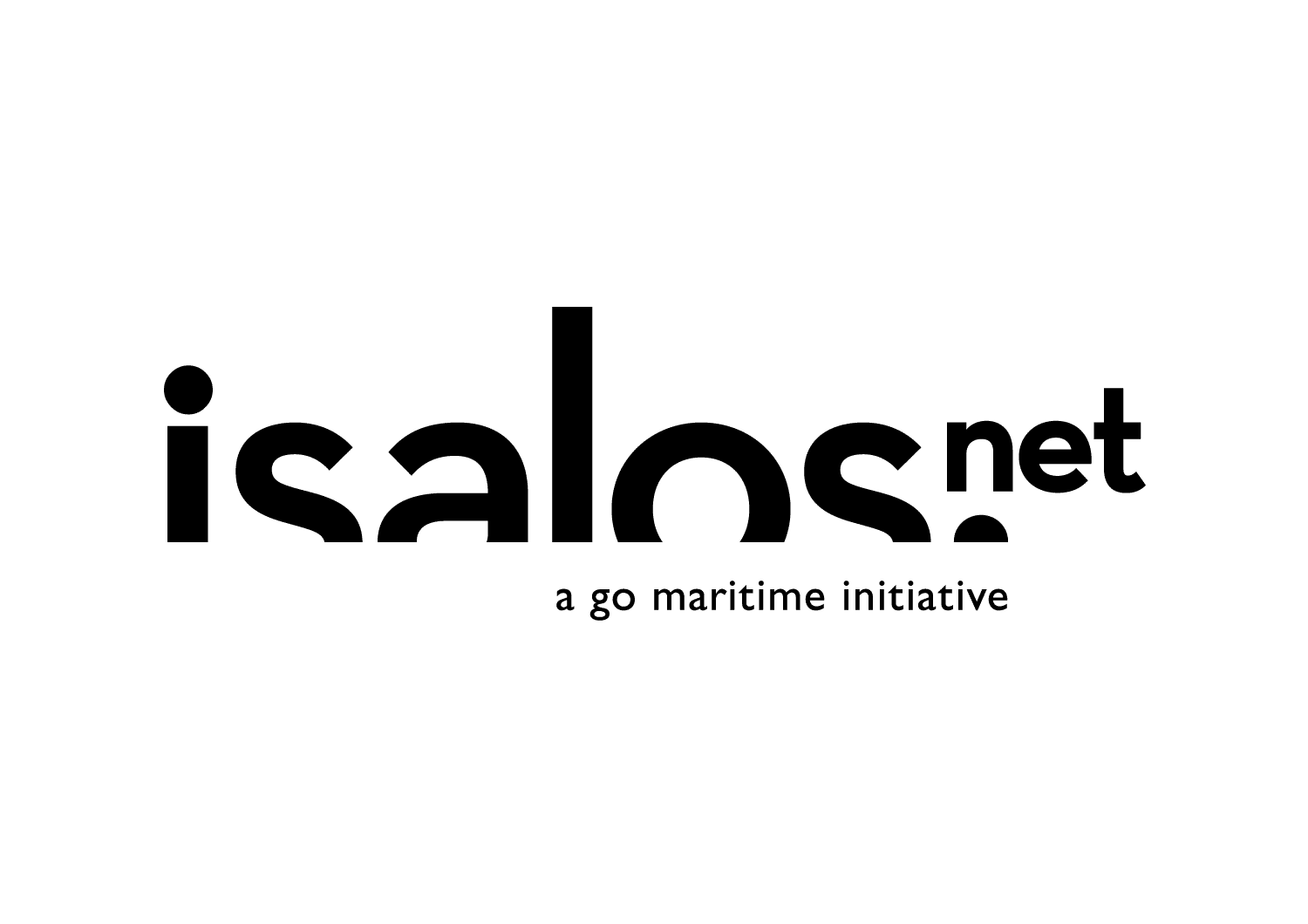

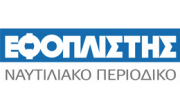
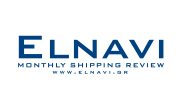
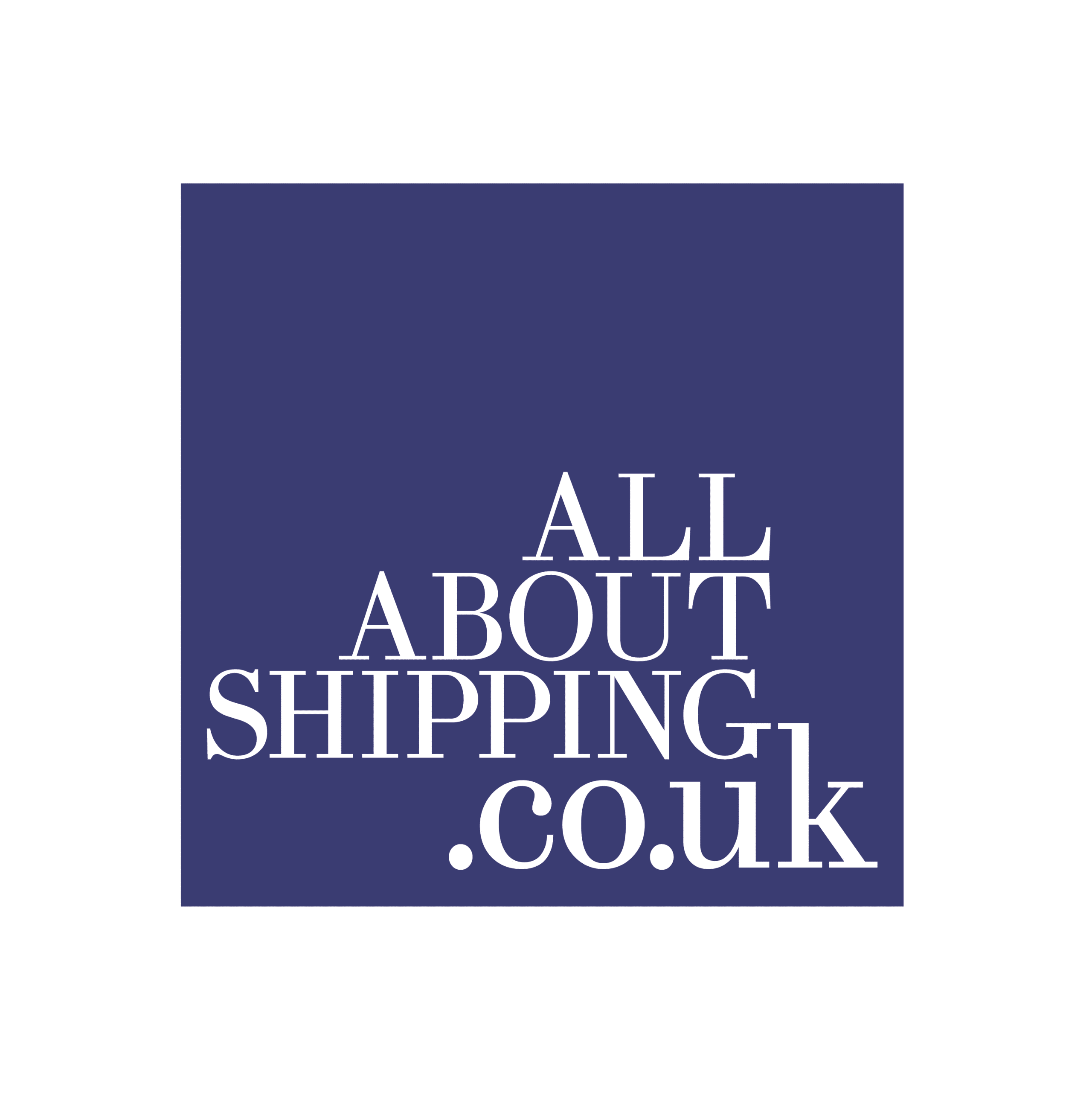
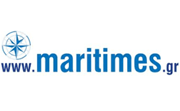
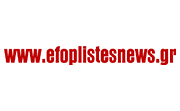
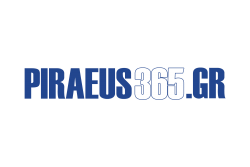
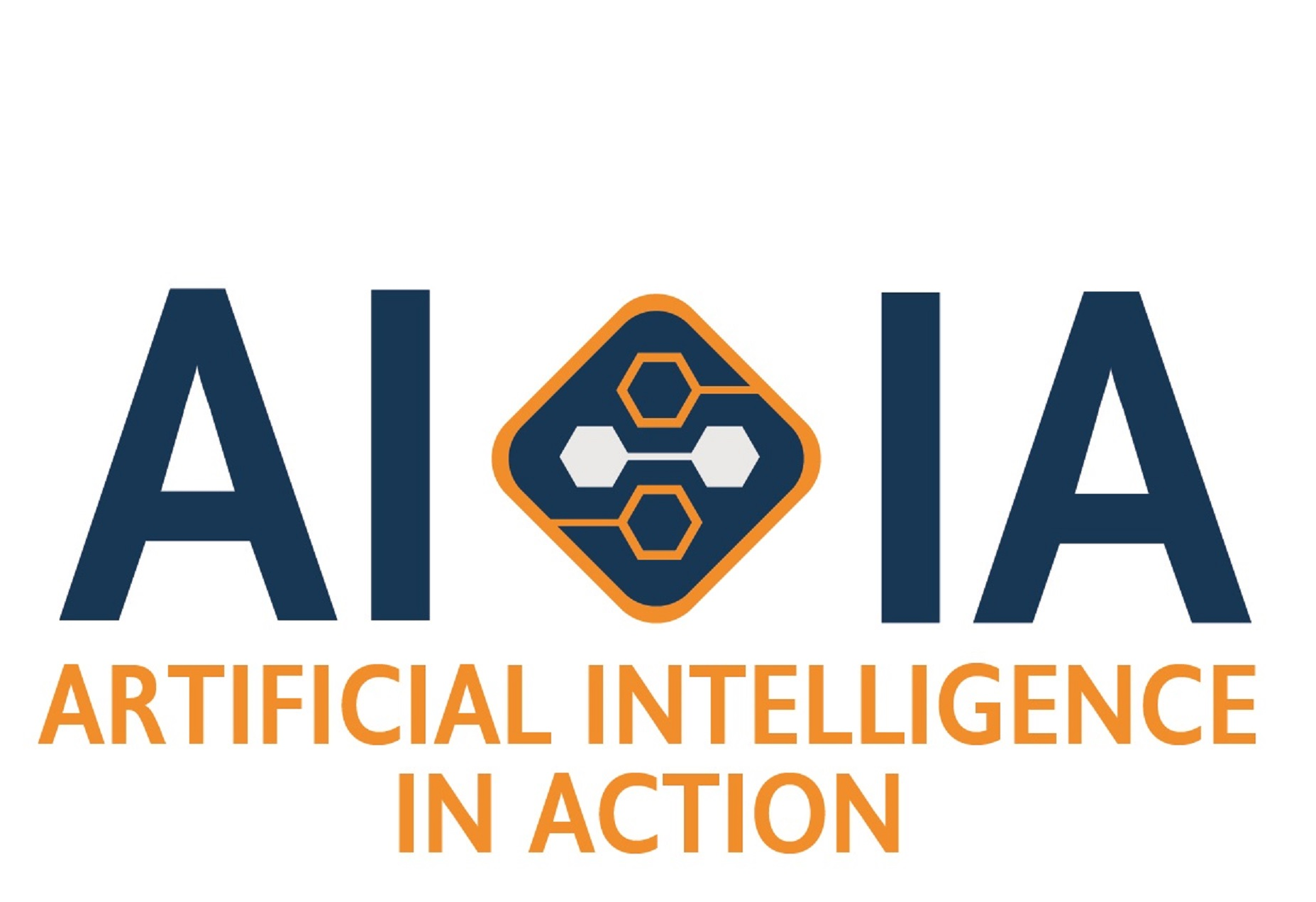

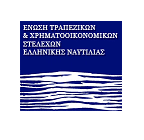
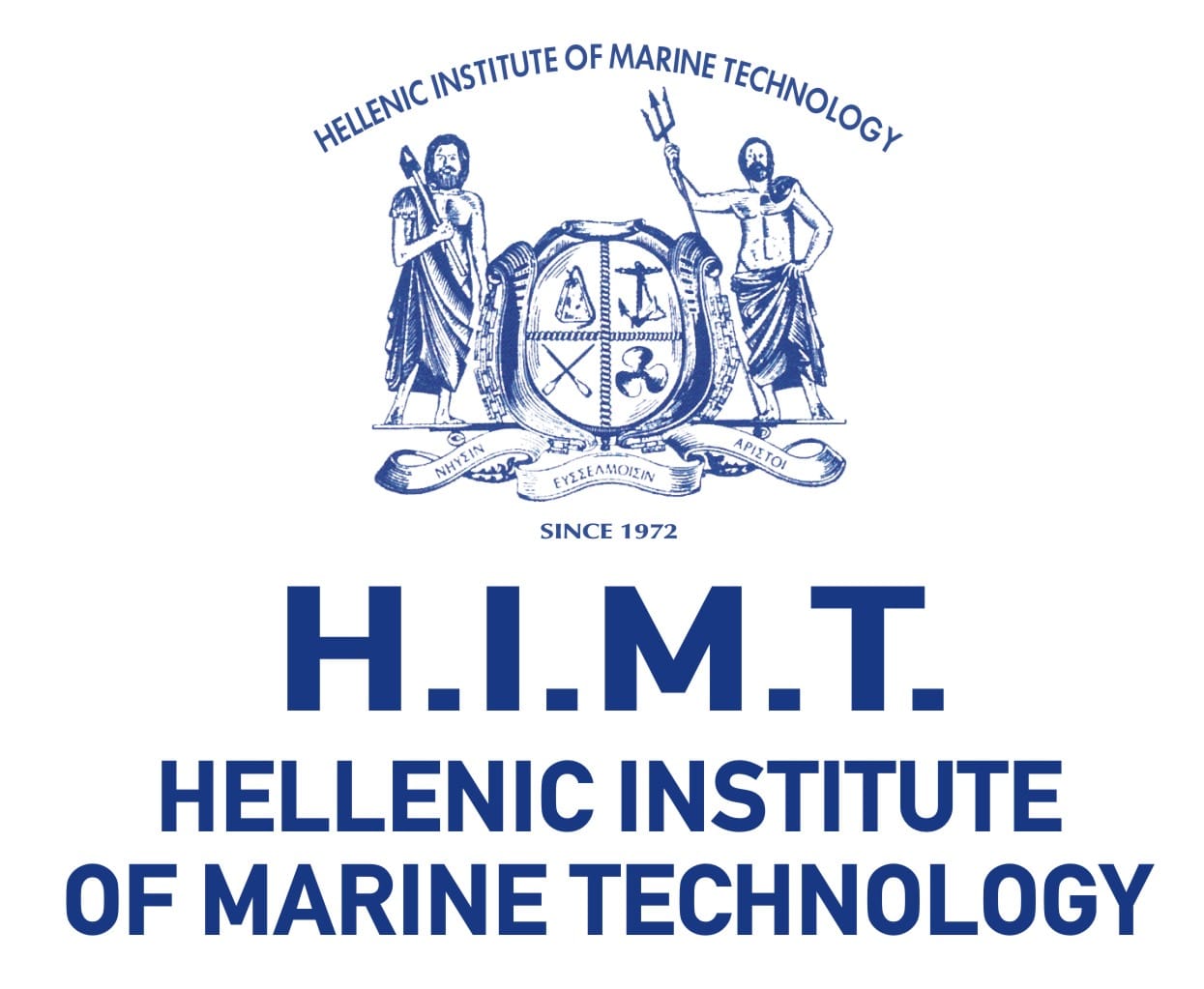
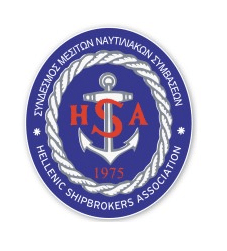
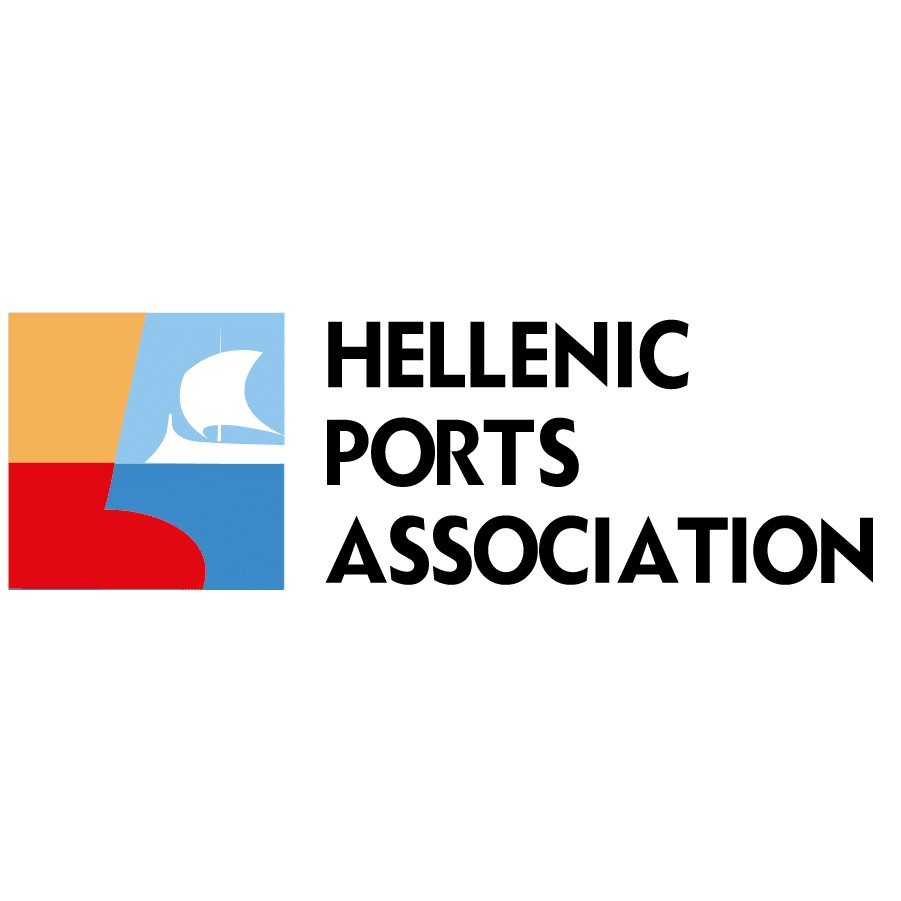
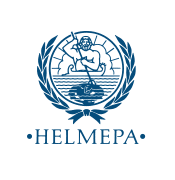
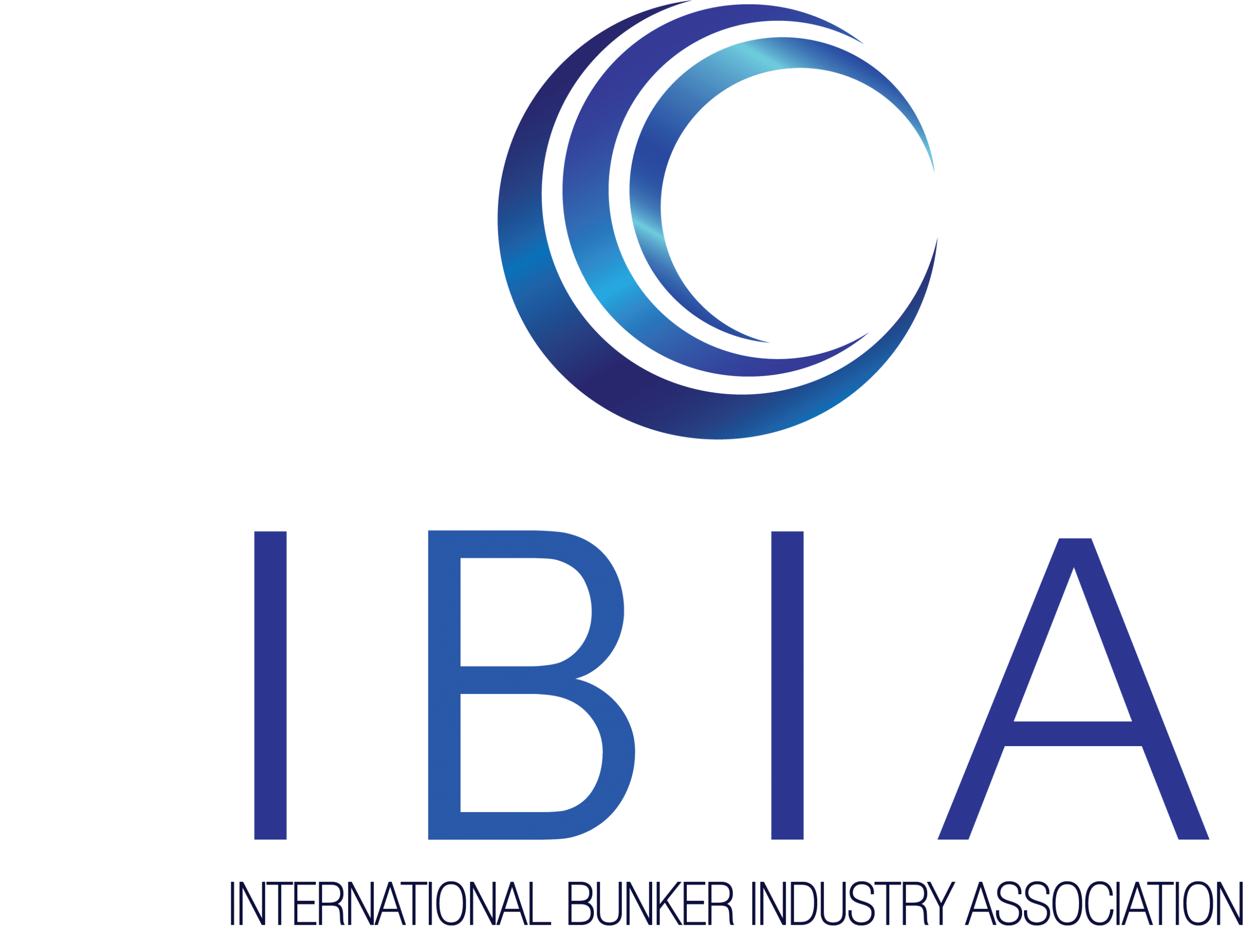
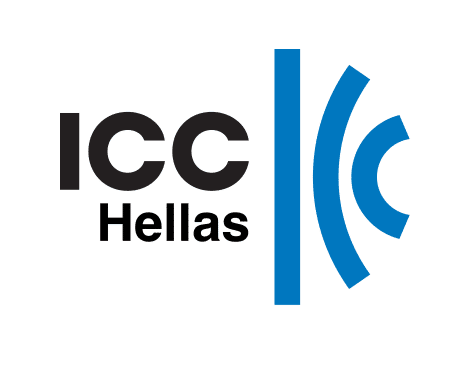
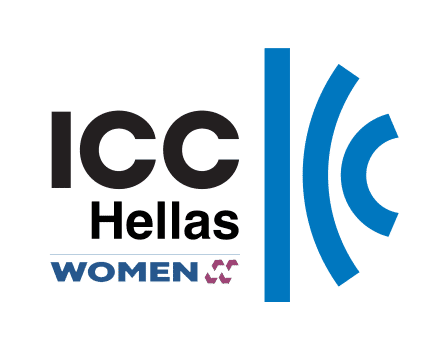
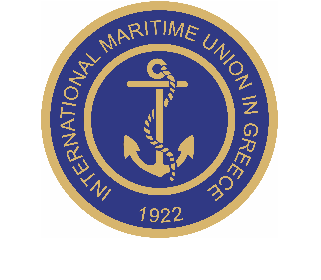



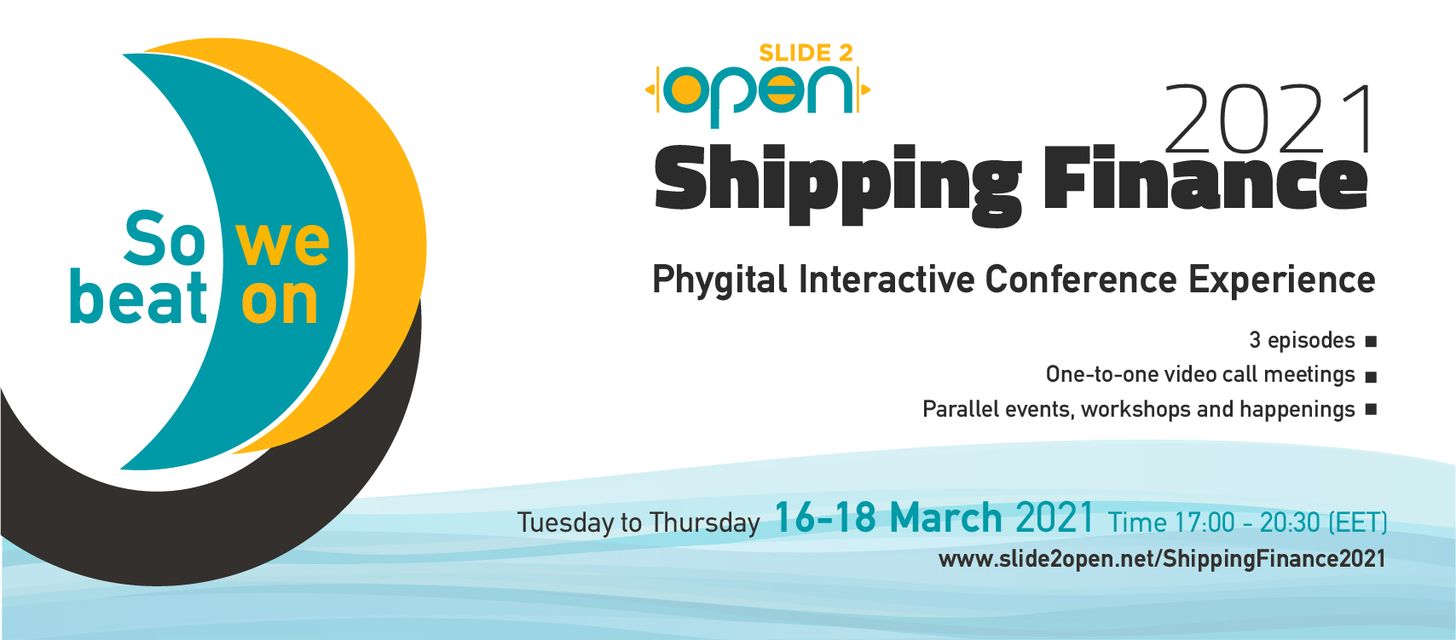 Slide2Open Shipping Finance 2021 Conference
Slide2Open Shipping Finance 2021 Conference
 New Post Event: Global Legal Roundtable on
New Post Event: Global Legal Roundtable on